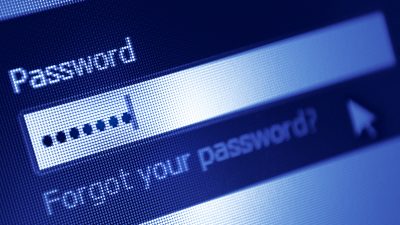Password best practices 2021

Living in a digital world is great, but it requires necessary precautions to protect yourself and your personal information. We’ve grown accustomed to usernames and passwords. As the world evolves and hackers become more clever, the rule of thumb for creating a secure password has evolved, too.
Safe password techniques
So, how do you ensure that you have a secure password? Here are a few best practices to make a note of when creating or changing your password.
- Use a complex password. Short passwords can be easy to hack, and you want to pick something nobody else will know. A good rule of thumb is to use a long sentence that only you would know. Fun fact: one of the most common passwords people use is “123456.”
- Only change a password if you have been hacked. The more you change your password, the more likely you will take shortcuts, which ultimately makes your password weaker each time. The purpose is to make the password strong and unique.
- Use a cloud-based password manager. Instead of writing your passwords down, you can store your passwords in a password manager. It lowers your risk of having passwords stolen, and if you forget a password, the manager will have it stored securely. LastPass is one we typically recommend to our clients.
Password mistakes you should avoid
While using the best practices mentioned above, there are also a number of mistakes to avoid when it comes to passwords.
- Don’t include personal information in your passwords
- Don’t use the same password for everything
- Don’t click the “remember password” option on your devices
- Don’t write passwords down
- Don’t create passwords that are too short
- Don’t share your passwords with anyone
- Avoid using years or common words
Creating secure passwords does not have to be difficult, and it’s easy to overthink. We recommend starting out with a password manager such as LastPass and work on building stronger, longer passwords. With the internet, it’s always best to take precautions rather than risking your personal information being stolen.
